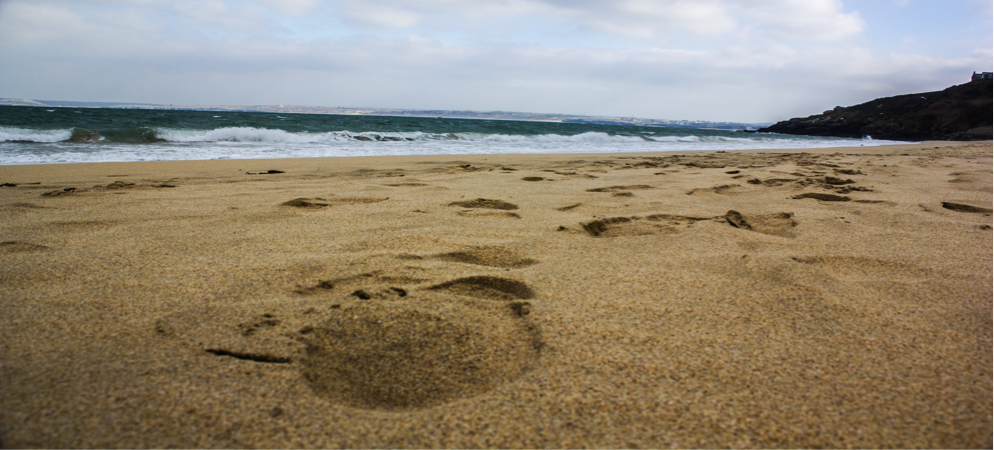Article: Head Roaster's Tips on How to Improve Your Home Brews.
Head Roaster's Tips on How to Improve Your Home Brews.
We are now spending more time at home and we are also drinking more coffee at home. There is no better time to brush up on our home brewing skills and take our coffee to the next level. Below is a list of a few simple and easy tips on how to make your home brews amazing!
Speciality coffee
We in the UK are spoilt for choice for amazing coffee! Go to your local independent speciality roaster, or order online – it’s about what you like and trying different coffees. Look for a roast date – this way you know your coffee is fresh out the roaster! We at Olfactory roast and dispatch your coffee on the same day. This way you get your coffee as fresh as possible. There are different debates on how long coffee should de-gas after roasting, but we believe that in a home environment, this is the best way. Why? Because at home, unlike in the coffee shop, we open the bag and then use it for a number of days – whereas in the coffee shop the coffee beans are used within a few hours. So – we send it freshly out the roaster, same day. This way you get it as fresh as possible and it keeps that way for the longest!
Whole beans or ground?
I would always recommend buying whole beans if you can and grind them just before you are ready to brew. The benefit of that is in the unbeatable richness of flavour, aroma and characteristics that get released immediately and for a short time just after grinding your freshly roasted beans. Whole beans will keep the freshness, flavour and characteristics for longer. There is no need for expensive grinders, any hand or electric grinder will do. Of course, there are pricy options that will ensure consistency of grind, but my point is that grinding fresh beans will be a huge improvement to start with!
Pre-ground on the other hand is sometimes more convenient. Especially on those lazy Sunday mornings - I know I am guilty of it sometimes too :) If your choice is pre-ground coffee, I would recommend buying small quantities and using it within 7 - 10 days of purchase. We roast and grind your coffee on the day of despatch to ensure ultimate freshness.
There is no right or wrong choice here - just options to suit different lifestyles.
Storage
Whether you are buying beans or pre-ground coffee, how you store it is of great importance (not to be too dramatic). I have been asked many times whether the fridge or the freezer is the better storage option. The answer is - neither. As long as you keep the coffee out of direct sunlight, airtight, in a cool dry place - that would be enough to keep it fresh. In fact, the bags we have chosen for our range are providing the perfect storage environment to preserve the flavour of your coffee. Just roll the bag to squeeze out the air and put back in the box and in your cupboard.
Why the fridge and freezer aren’t the best places to keep the coffee? Taking the coffee in and out of the fridge every day builds up condensation, which leads to moisture in your coffee, and that moisture will deteriorate the quality, diminish the flavour and worsen your grind if you are grinding.
Grinding
If you are buying your coffee pre-ground - make sure you get it from a trusted independent roaster or a coffee shop - let them know how you will be brewing it, and they will know the correct grind setting for your brew method of choice.
If you are grinding at home, depending on the brewing method you are using, the grind size will differ. If your grind is too coarse - you will end up with an under- extracted coffee (think sour, light bodied *weak*). The water will pour through the coffee way too quickly and will not extract enough flavour from the coffee. If the coffee is ground too fine - you’ll have an over extracted coffee (think bitter, almost savoury). The water will be dripping very slowly, and it will extract too much from the coffee and may even burn it.
Here is a sample guide on grind size:
|
Grind Size |
Brew Method |
|
Extra Coarse (the size of peppercorns) |
Overnight Cold Brew |
|
Coarse (sea salt) |
French Press |
|
Medium Coarse (large grains of sand) |
Chemex, V60 pour over |
|
Medium (fine sand - or granulated sugar) |
Aeropress |
|
Fine (table salt) |
Espresso, Mocka Pot |
|
Extra fine (cacao powder) |
Turkish coffee |
Ratio
Knowing how much coffee you use for your morning brew is also important. For Chemex, V60, pour over and other filter-type brewed methods I would recommend starting with 55-60g of ground coffee per litre of water. For espresso I would start with 18g coffee for a double shot of espresso - about 45-60ml output in your cup. For an Aeropress - I would encourage you to experiment - I find the Aeropress to be one of the most versatile brewing methods – start with 20-22g.
Water
The quality of water we use, is often an overlooked element of the coffee, that can make or break our home brews. Use filtered water where possible, around 92-94C. *Boiling water will burn the coffee grinds, resulting in bitter tasting coffee*.
Enjoy
Finally, the most important part. You have done incredibly well, and you have acquired the ancient knowledge of speciality coffee brewing.
Sit back, relax and enjoy a great cup of coffee at home! And don’t forget to share!
Lots of love,
Mariya
Head roaster, Olfactory Coffee Roasters

